







Mahogany Brown
Estimated Shipping Widget will be displayed here!
See the fit
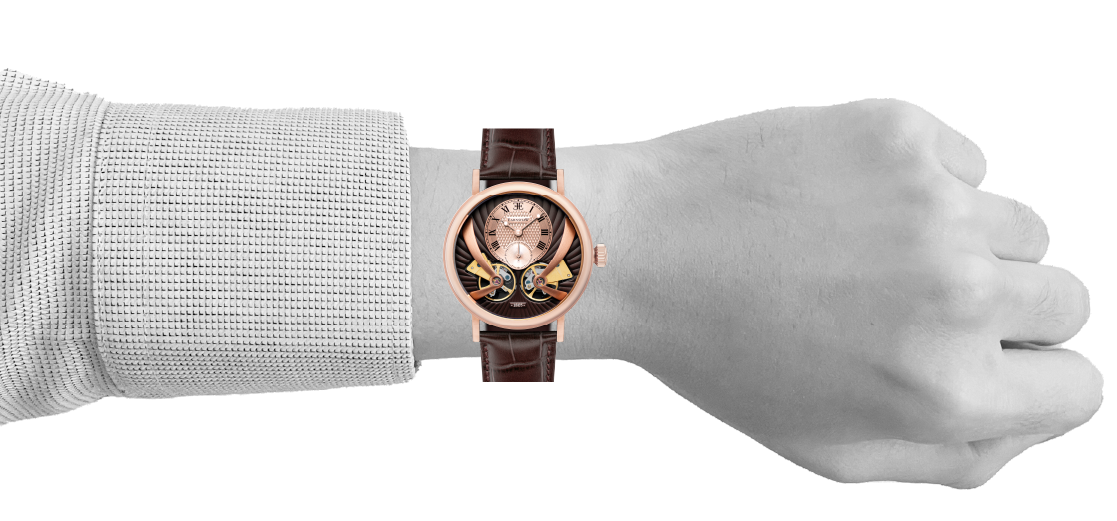
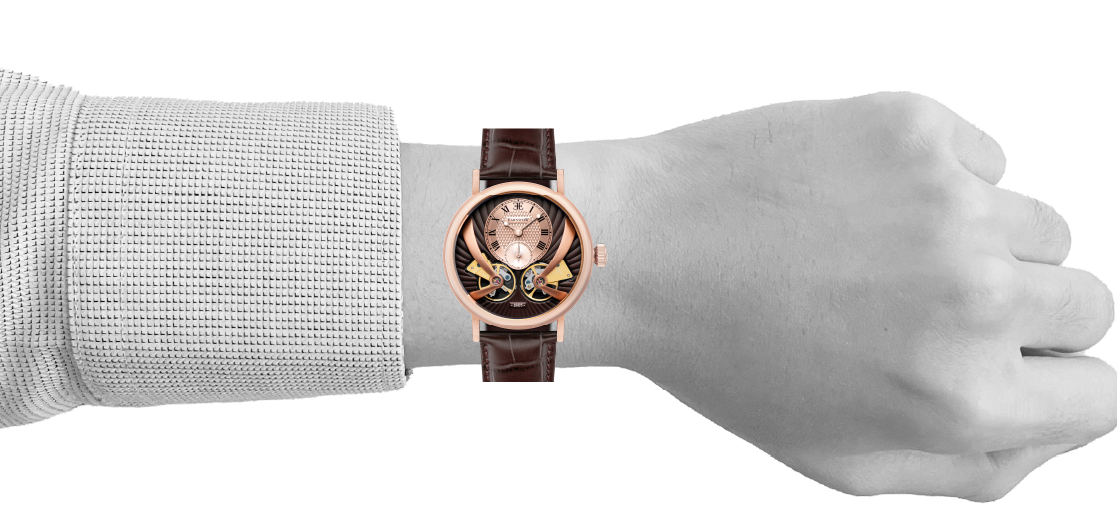
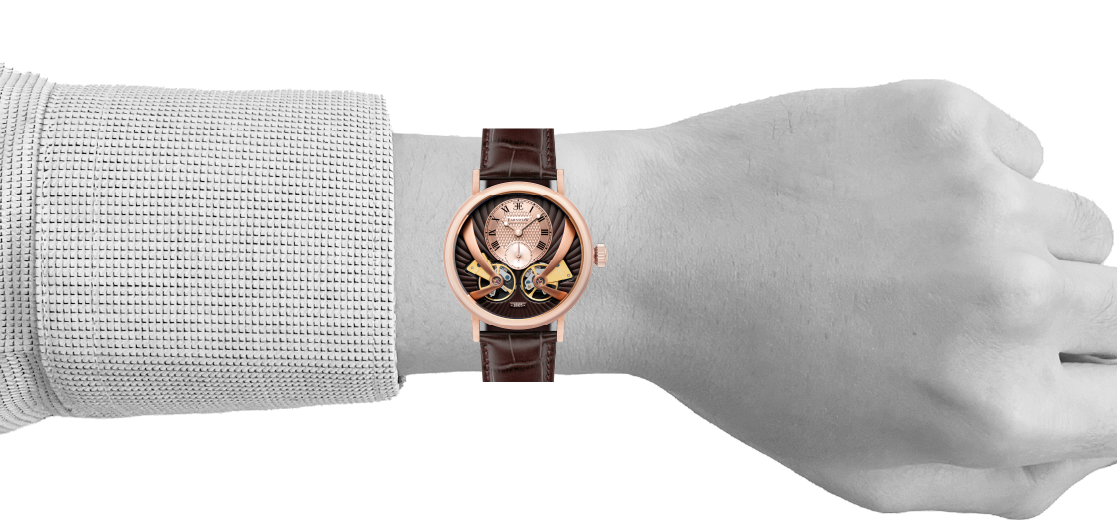
How to measure your wrist?
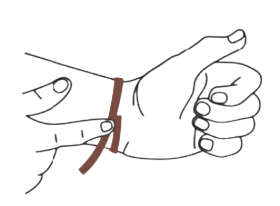
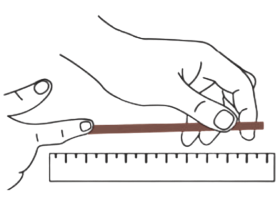
Product information
| Movement | |
|---|---|
| Automatic With 2 Hands / Small Second | |
| Case Material | |
| Stainless Steel | |
| Case Size (mm) | Case Thickness (mm) |
| 43.0 | 15.0 |
| Lug to Lug (mm) | Dial Colour |
| 50.0 | Brown |
| Index & Luminous | |
| Printed Index | |
| Lens | Crown Type |
| Anti Reflection Coated Mineral Lens | Pull Out |
| Band | |
| 22mm Brown Genuine Leather Strap | |
| Water Resistance | |
|
0 ATM
3 ATM
5 ATM
10 ATM
|
|
| Weight (g) | Warranty |
| 100 | 2 Years International Warranty |
WORLDWIDE DELIVERY
We offer FREE worldwide express shipping for orders placed on our website. All orders are shipped via FedEx and take an average of 5-10 business days (not including weekends and public holidays) to be received once dispatched from our warehouse.
ORDER PROCESSING TIME
All orders placed on our website are processed & shipped within 3 business days (excluding weekends and holidays). If you have placed the order during the weekends or holidays, your order will be processed within the next business day.
For more details, please read our Shipping Policy.
THOMAS EARNSHAW TIMEPIECES INTERNATIONAL WARRANTY POLICY
The present THOMAS EARNSHAW International Warranty applies to watches sold or presented for warranty service in any country.Your THOMAS EARNSHAW watch is warranted against any manufacturing defect for a period of twenty-four (24) months from the date of purchase (the “Warranty Period”) subject to the following conditions.
WARRANTY AUTHORISATION
In order to benefit from your THOMAS EARNSHAW International Warranty, you will be required to present to any THOMAS EARNSHAW Boutique, THOMAS EARNSHAW Authorised Retailer or THOMAS EARNSHAW Authorised After-Sales Service Centre, the Proof of Purchase and comply with registration requirements before receiving warranty service.To register your watch, please click here. If you have questions or need help with registration, please contact us.For more details, please read our Warranty Policy.

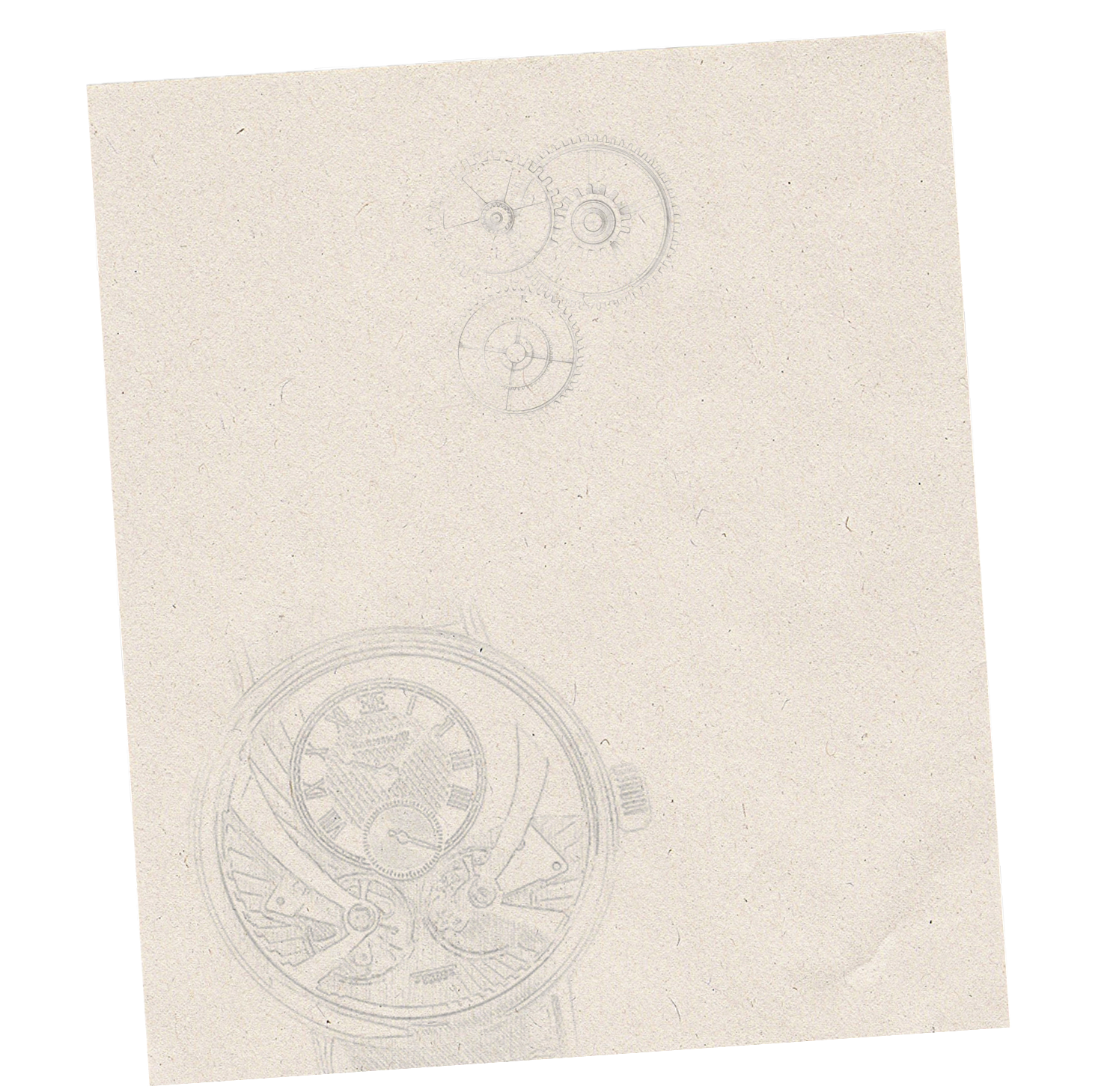


Exceptional Specification

Case material
Stainless Steel
Case thickness
15.0mm
Band
22mm Brown Genuine Leather Strap
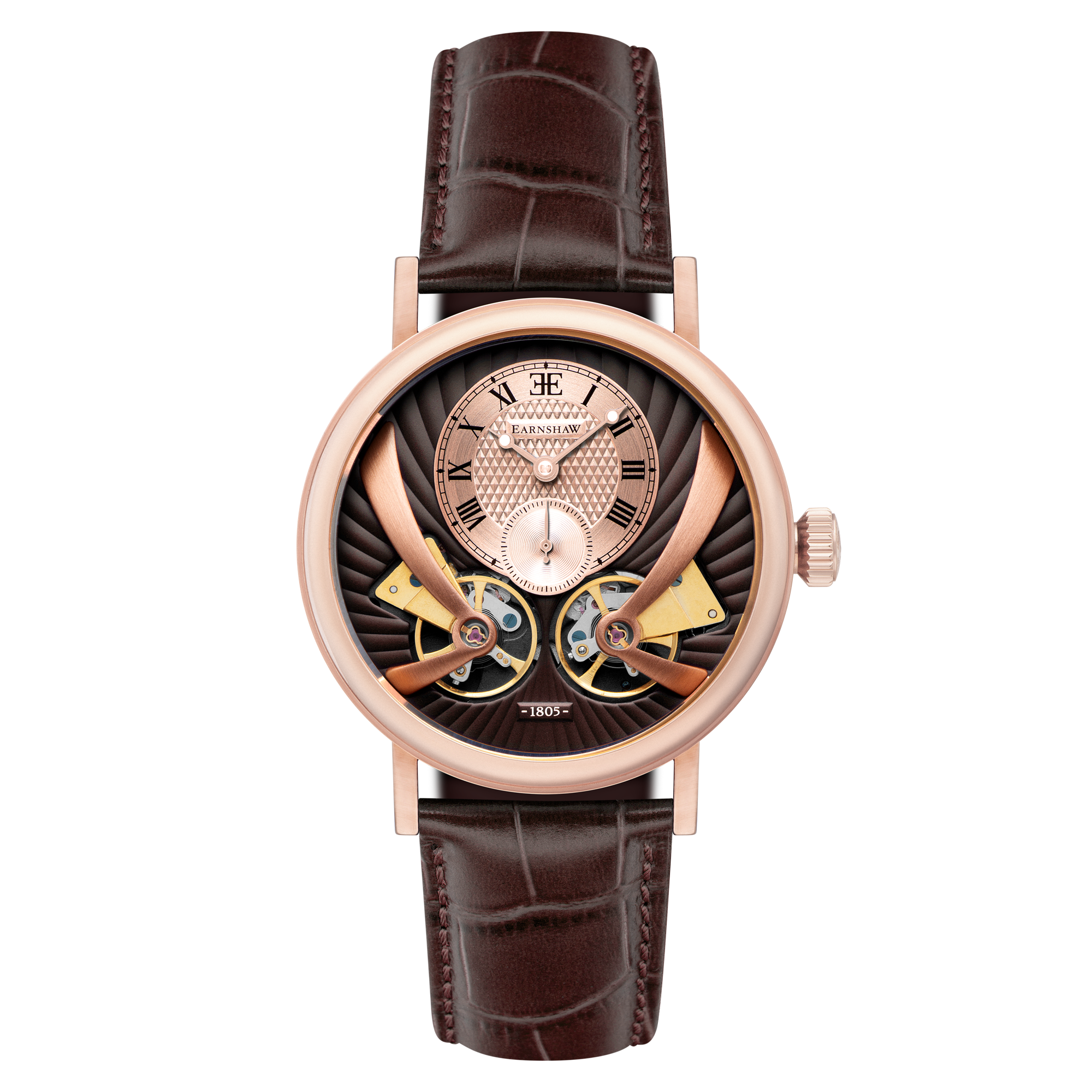
Movement
Automatic With 2 Hands / Small Second
Case diameter
43.0mm
Dial Colour
Brown
Frequently asked questions
Here are the quick answers to some common questions about
our watches and services. If you have any further inquiries, please email our Customer Support Team at info@thomas-earnshaw.com
How do I choose the right size and fit for a watch?
In general, we recommend the following case size according to the wrist size:
Small Wrist (6 inch) - 40mm or below
Medium Wrist (7 - 7.5 inch) - 40 - 42mm
Large Wrist (8 inch+) - 44mm or above
What is the delivery time after I place an order?
All orders are shipped within 3 business days, unless indicated otherwise.
We use FedEx delivery service and it takes an average of 5-10 business days (not including weekends and public holidays) to be received once dispatched from our warehouse.
Does Thomas Earnshaw offer any warranty or guarantee for the watches?
Yes, all our watches are covered by a 24-month international warranty, starting from the date of purchase. Please click here to register and activate your warranty.
What is Thomas Earnshaw's Return Policy?
If you are unhappy with your purchase, you can return it to us within 30 days of delivery. For more details, please visit our refund policy.
Do I have to pay duties and taxes upon delivery of my order?
In the United Kingdom, taxes and customs fees are included in the price of order.
Outside the United Kingdom, taxes and customs fees are not included. You may be subject to local duty/import taxes, if they apply. These taxes will be claimed on behalf of local customs by our carrier prior to delivery.
Unfortunately, we are unable to advise you of the amount of these charges in advance and advise you to contact the duty services in your country to obtain an estimated duty amount and the base rate of VAT. If the taxes and customs fees are not paid, your order will be returned to us and you will be charged for any return shipping cost surcharge.




